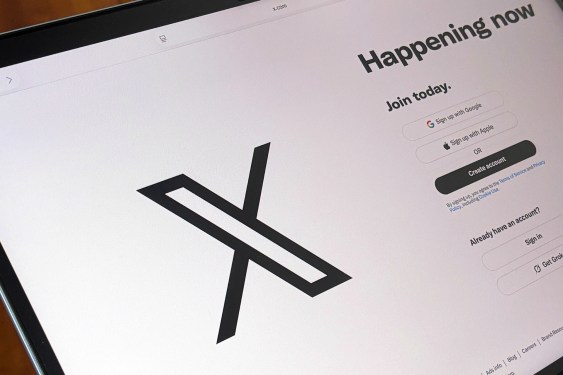An Indian court has dismissed an attempt by Elon Musk’s X to challenge the Indian government’s content takedown orders. The court ruled that the social media platform, as a foreign company, does not have a constitutional right to free speech under Indian law.
The Karnataka High Court ruled Wednesday in favor of the Indian government’s use of a centralized online portal to issue content takedown orders. The court determined that foreign platforms cannot invoke free speech protections under Article 19 of the Indian Constitution, which applies only to Indian citizens. This decision marks a significant moment in India’s increasingly assertive approach to regulating global tech companies.
X filed the case in March, challenging a series of Indian government orders directing the platform to block certain accounts and posts. Some of this content was critical of official policies. The dispute centered on the use of “Sahyog,” a government portal launched in October that allows authorities to directly order social media companies to remove content. Sahyog means “assistance” in Hindi. X called it a “censorship portal” and argued the process lacked transparency and violated principles of free expression.
In his ruling, the senior judge stated that Article 19 of the Constitution is a charter of rights conferred upon citizens only. He said that a petitioner seeking its protection must be a citizen of the nation, and as a foreign entity, X could not invoke its protections. The court rejected X’s petition.
The ruling comes as Musk expands his footprint in India beyond X. He has recently launched Tesla operations and secured final regulatory approval for his satellite internet service, Starlink. India is a strategic market for the billionaire, boasting the world’s second-largest internet user base and a government committed to achieving significant electric vehicle adoption.
X did not respond to a request for comments. A legal representative for X in India was not immediately available to comment.
A policy expert from a New Delhi-based think tank said the ruling may improve coordination between the government and platforms. However, he cautioned that “due diligence” should not become a blanket obligation to comply, especially when takedowns occur via a portal rather than through the structured safeguards of India’s main IT law, which includes procedural protections.
Content takedown orders have increased in India over the past few years as more people come online. Several instances of content removal across various platforms occurred during the nationwide farmers’ protests in 2020 and 2021, when the government sought to control widespread social media activity related to the protests.
The federal government introduced the Sahyog portal last year to expedite the removal of unlawful content, arguing it would streamline enforcement. Several major tech companies have already integrated the portal to remove content after receiving notices through an automated process.
Earlier this year, X stated that although it disagreed with the orders, it withheld certain accounts in response to executive directives from the Indian government. The company noted that noncompliance could have exposed it to potential penalties including significant fines and imprisonment.
A legal expert familiar with the matter said the ruling was significant. It shows that courts are increasingly viewing internet regulation and tech policy through a policy lens, not just a legal one.
Elon Musk, who has called himself a “free speech absolutist,” has not commented on this specific lawsuit and ruling. However, he previously raised concerns about Indian content regulation laws, noting in a past interview that the rules are quite strict and that a company cannot go beyond the laws of a country.
X can still appeal the ruling to the Supreme Court of India. Some legal experts argue that it is unclear whether the company would receive favorable treatment, as the top court is likely to follow the same reasoning as the High Court. Another expert pointed out that the ruling did not address whether the government should even have the power to use a portal for ordering content takedowns.
The court will release the full written order on Thursday.

